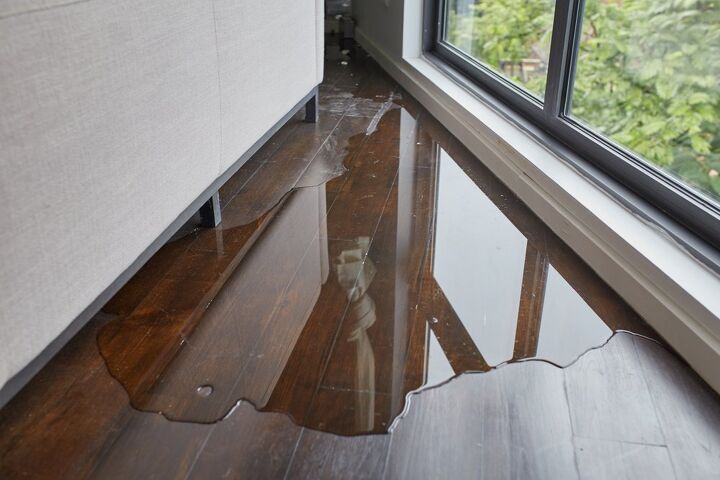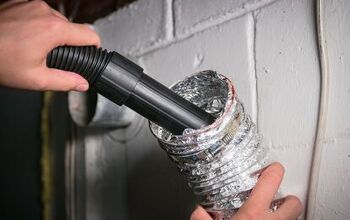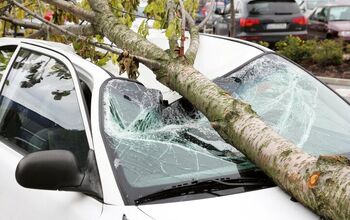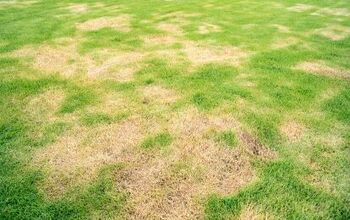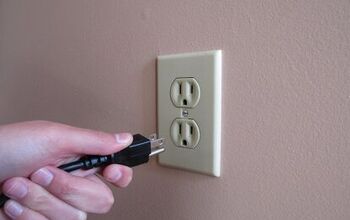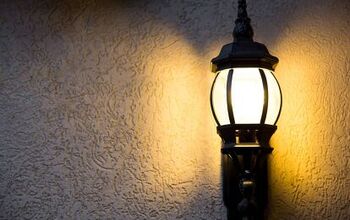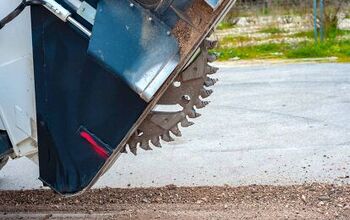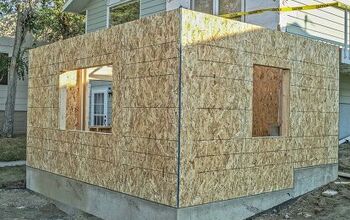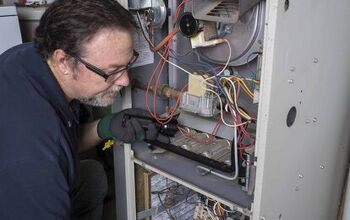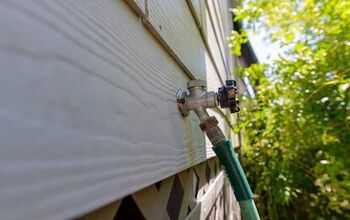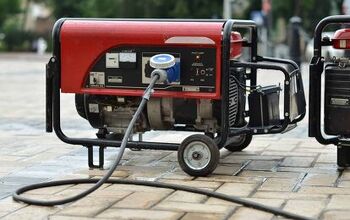Is A Landlord Responsible For Water Damage? (Find Out Now!)

The other night, a friend of mine came back to his apartment from a night out, only to see that the toilet had flooded. There was brown stuff everywhere, and he was horrified. I mean, most of us would be, right? He called up his landlord and asked who was responsible for this. The answer might surprise you.
A landlord is responsible for water damage resulting from neglect, poor repairs, or from storm damage. Tenants are responsible for any water damage that was caused from their own neglect or personal actions.
It can be difficult to determine who’s to blame when water goes everywhere in your apartment. To help parse things out, we did a cool writeup for you.
Do You Need Water Damage Restoration Services?
Get free, zero-commitment quotes from pro contractors near you.

Who Is Responsible For Water Damage In An Apartment?
Apartments are generally required to have a pretty fair split of responsibilities for water damage. It’s basically a three-way split.
- Landlords are required to take care of any water damage that is caused by their negligence, storms, or sudden breaks. This is a part of the landlord’s responsibility to keep things livable in your building. If water damage causes mold, increases the risk of illness, or poses a hazard to your health, it’s likely your landlord will be liable for it.
- Tenants are responsible for water damage that is a result from their actions. For example, ignoring clogs that should have been fixed could land a tenant in hot water. On a similar note, if a tenant damaged their plumbing or toilets, they may have to pay for repairs.
- Insurance companies are often responsible for covering the price of repairs. What they are meant to cover will be written out in the policy. If a flood damaged the belongings in your apartment, you can usually have your insurer cover that.
When Is A Landlord Responsible For Water Damage In An Apartment?
Landlords are there to make sure that the building remains in a livable condition. This means that they are in charge of maintenance, repairs as a result of wear and tear, and to ensure that damage from the elements doesn’t make a place unlivable. I’ll draw out common situations that signify a landlord’s responsibility below.
- If a storm causes water damage in the apartment, your landlord will be the one to clean up the apartment. They are not responsible for the belongings, but they are there to make sure that your apartment will be livable once more. A building isn’t livable if the walls are rotted through or if sewage flooded the area.
- If the landlord makes a faulty repair, they are liable for the damages. The repair wouldn’t have happened if the landlord didn’t hire the wrong guy. So, it’s his fault.
- If water damage resulted due to neglect, your landlord is liable for the damages. This is a common reason for a lawsuit, especially if there is written proof of a landlord not listening to warnings.
When Is A Tenant Responsible For Water Damage In An Apartment?
Tenants have relatively low levels of responsibility when it comes to water damage, but they’re not 100 percent off the hook. If they caused something that sparked the water damage, they’re liable for repairs. It’s best described in use case situations. To make things easier, I’ll add a couple of examples below:
- Kara had an apartment flood, and while her landlord fixed the carpeting, she failed to dry the walls the day after. The landlord did his best to replace everything that would have made the apartment unlivable. However, Kara should have made an effort to dry her walls. Since she didn’t, she might be liable for damage in some states.
- Liam and Frank had an argument, and Frank pushed Liam into the toilet. If the toilet shatters and water floods everywhere, they would be responsible for both the toilet’s replacement and any water damage that occurs.
- Dolan didn’t report a flood until a week after it happened. It was caused by a burst pipe and it was clear. He just didn’t care. Failure to report a problem can be a breach of lease, leading to them being held liable.
- Kelli’s daughter, Sam, shoved a bunch of cat litter down the toilet. Sorry Kelli. Your child’s actions still keep you liable in most states in the Union.
What Does Renter’s Insurance Cover?
This is best looked at via your rental insurance agreement. If you have flood coverage, then your property will be covered in the event of a flood. This includes clothing, technology, jewelry, and other items in the apartment. Filing a claim post-flood is always a wise choice.
As far as actual building damage goes, this can be a little dodgy. Your landlord should have insurance regarding the actual fixtures in the apartment. However, if it’s damage from an accident that was caused by you, it may still be covered under your renter’s insurance.
What Should You Do If You Are Not Sure Who’s Responsible For Water Damage?
The best thing that you can do is try to get the full answer from your landlord, ideally in writing. If you can’t find notes in your rental agreement regarding water damage liability, then it’s time to take action. Here’s what we would suggest you do.
- First, try to alleviate the water damage if at all possible. This is the easiest way to cover your bases as a tenant. This can include getting buckets of water outside your house, putting a bucket to catch water, and also trying to dry the area. The more you clean up, the less damage will be there.
- Try to talk things out with the landlord, if damage did occur. Sometimes, landlords will cut renters a break if they are living on tough times. They also might be more lenient if it’s a kid’s error.
- Call your renters insurance company. This will cover your belongings, if not more.
- If you believe that your landlord is wrongfully pushing responsibility on you, get a lawyer. You should discuss your options with a real estate lawyer. Some states have laws that ban landlords from forcing you to handle certain types of water damage altogether. So, you might have a case, even if you aren’t sure.
Do You Need Water Damage Restoration Services?
Get free, zero-commitment quotes from pro contractors near you.

Related Questions
Who is responsible for removing personal belongings in the water’s way?
If a leak occurs, the tenant has the responsibility to move their own belongings out of the way. While the landlord or maintenance crew can assist if they want to, it is still the tenant’s responsibility. The landlord is only liable for the building’s livability itself. Your possessions are yours alone. If a tenant’s possessions are adversely affected, you can call renter’s insurance to help cover the costs of replacement.
What is considered sudden and accidental water damage?
This is water damage that is caused by a sudden and random failure of plumbing, for one reason or another. A good example of sudden and accidental water damage would be a burst pipe. The most cited reason, though, would be a flash flood. This is opposed to gradual water damage that would occur over the course of days or even weeks.
Is it worth getting flood insurance?
With the uptick in extreme weather visible in every report we get, it’s clear that many homes are going to get flooded sooner rather than later. Getting flood insurance, though, is very expensive. The biggest factor on whether it’s worth it is to figure out if your home is at risk of flooding.Looking at FEMA maps to determine if you are in a flood zone can help you make that decision. In many parts of the country, it’s actually mandatory to get flood insurance if you live in a flood zone. If you are in a rainy area, it’s always going to be a good perk to have.

Ossiana Tepfenhart is an expert writer, focusing on interior design and general home tips. Writing is her life, and it's what she does best. Her interests include art and real estate investments.
More by Ossiana Tepfenhart



